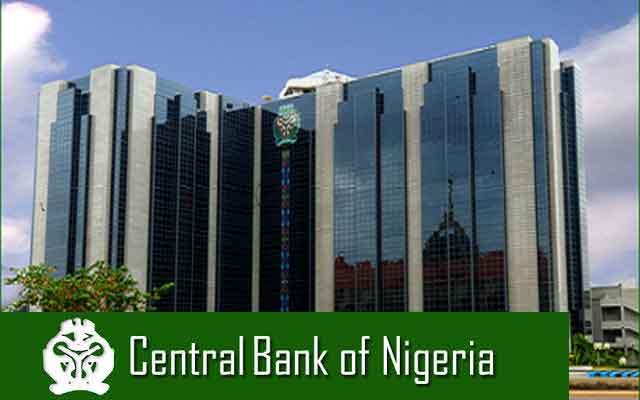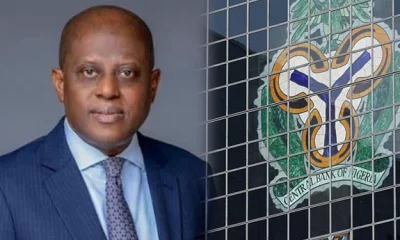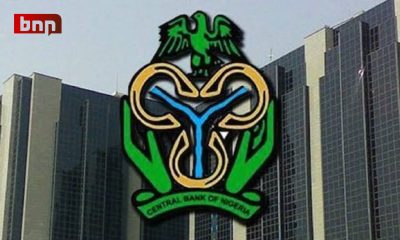By Odunewu Segun
The financial market liquidity in the country has declined by over N42 billion in just about a week. It declined to N156.6 billion last Thursday after an improvement of N198.4 billion a day earlier.
This is coming as a total of N80.0 billion worth of Open Market Operations (OMO) maturity as well as the weekly Cash Reserve Ratio (CRR) maintenance impacted on system liquidity. The week had opened at N186.0 billion last Monday, higher than N144.1 billion the previous Friday.
Analysts opine that the foreign exchange (forex) market would be defined by the expected roll-out of the modalities for the operation of a new “Flexible Interbank Market” which the Central Bank of Nigeria (CBN) has promised would be communicated in the coming days.
ALSO SEE: Experts gauge CBN’s boldness on FX, states as policy options thin out
Driven by liquidity dynamics during the week, the Open Buy Back (OBB) and Overnight (O/N) rates settled at 4.8 per cent and 5.5 per cent on Friday, down 3.7 per cent and 3.4 per cent Week-on-Week (W-o-W).
Meanwhile, the decision of the Monetary Policy Committee, MPC, to retain key policy rates had a positive impact on the activities in the Treasury Bills market last week.
The week had started bearish as investors traded cautiously ahead of the MPC meeting. Thus, average T-Bills rate stood at 10.7 per cent last Monday. Bearish sentiment was sustained last Tuesday as MPC concluded its two-day meeting.
However, sentiment turned bullish on Wednesday and Thursday following MPC’s announcement to retain benchmark rate at 12.0 per cent. Average T-Bills rate settled at 10.0 per cent on Friday as against 8.5 per cent in the previous week.
“With the decision of the apex bank to keep key rates unchanged, we expect money market rates to remain determined by liquidity dynamics in the system,” said Afrinvest analysts.
The foreign exchange market in the week was also majorly driven by the outcome of the MPC meeting in which the committee decided to introduce greater flexibility in the pricing of foreign exchange at the interbank market while retaining a small window to fund critical transactions.

 Business7 days ago
Business7 days ago
 Business6 days ago
Business6 days ago
 Education7 days ago
Education7 days ago
 Football15 hours ago
Football15 hours ago
 Crime7 days ago
Crime7 days ago
 Covid-196 days ago
Covid-196 days ago
 Business7 days ago
Business7 days ago
 Latest4 days ago
Latest4 days ago













